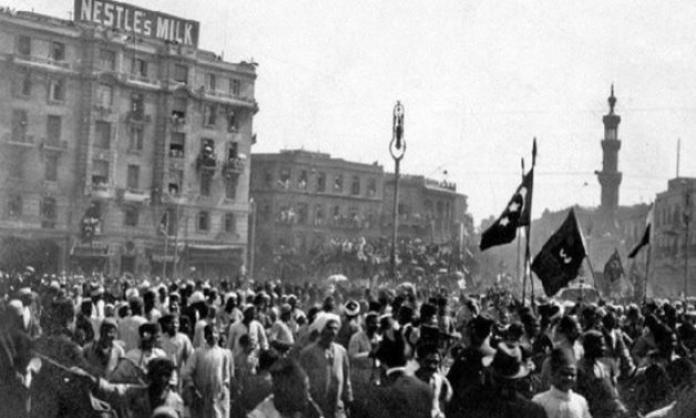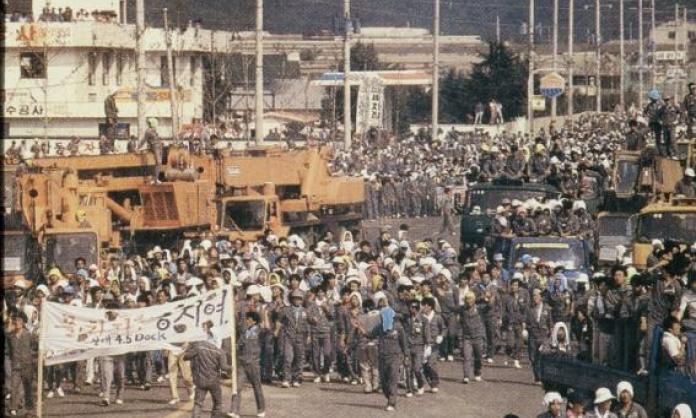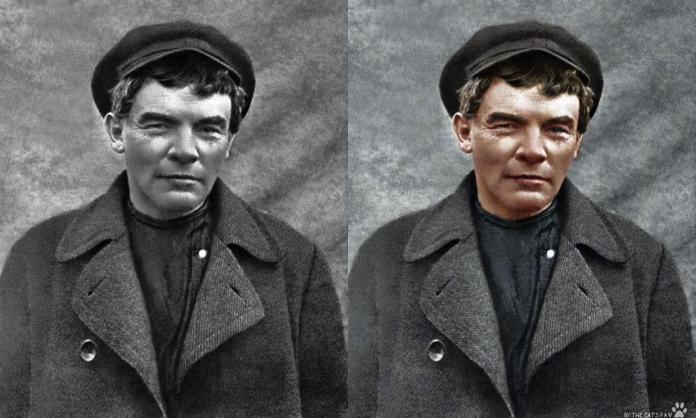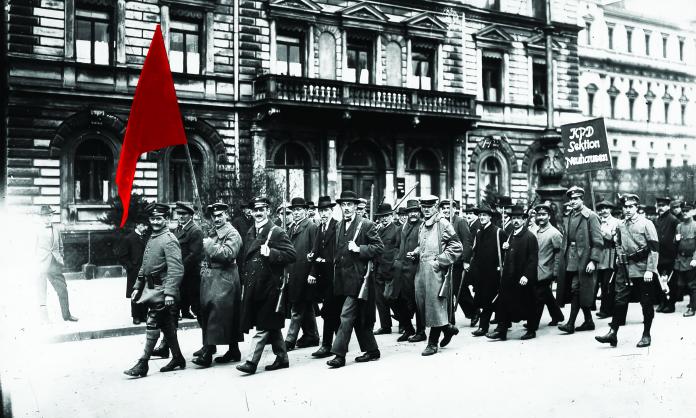Shane Bentley (Red Flag, Issue 16) raises three important issues about the 1974-75 Portuguese revolution. The first is that I called the PRP the “most promising” far left group. Shane rightly identifies the PRP’s lack of a clear Leninist perspective as a serious weakness.
But he still uses the term “promise” for this organisation. And as he acknowledges, neither of us had many other options, given the split in the Fourth International. A global movement whose contribution to the revolution was to disagree on every conceivable issue was certainly not promising.
The second, and central issue, arose from the contradiction between the bourgeois-democratic political forces (most importantly the Socialist Party) and the Armed Forces Movement. Both were bourgeois, so there was no choosing between them on that basis.
What distinguished them was the MFA’s initial role in carrying out the revolution and its more radical section’s argument to take the revolution beyond bourgeois democracy. So, on the mass demonstrations, we found ourselves chanting “Dissolve the Constituent Assembly”, and (very critically) supporting the Copcon document, which declared:
“A revolutionary program to resolve the present situation must first of all carry out the alliance between the MFA and the people which guarantees the leadership of the workers … It is necessary to set up a structure of popular mass organisations [that] will have to be … authentic organs of political power…”
Not just your common-or-garden bourgeois military were they? But yes, they were still bourgeois military in the end.
The third issue is the workers’ takeover of the newspaper Republica. Was this a Stalinist/MFA attack on free speech? The workers said Socialist Party-aligned manager Paul Rego was silenced because he represented the class enemy, and that this was normal in an industrial dispute.
This seemed to make sense, but I tried to keep an open mind. I went to the paper’s headquarters and read a number of back issues. From this is was clear to me that the workers’ council running the place was not dominated by the Communist Party, as critics claimed, but led by a diversity of activists – and the same went for the general news coverage. The council’s first major statement was critical of the MFA and the CP.
In looking for a way to take the revolution forward, revolutionaries ran the risks of errors in terms of compromise with the military and of capitulating to social democracy. We must learn from our errors, and Shane gives us a useful balance sheet.











